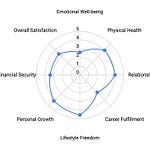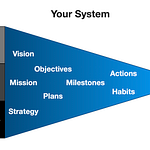
This is a draft of chapter 12 from the book I’m writing this year, Building the Invincible You. I’ve published previous chapters in my other newsletter, Invincible Career.
In my book, I share a framework and strategies for:
Reclaiming your power in your work and life.
Regaining your freedom to spend more of your time the…











